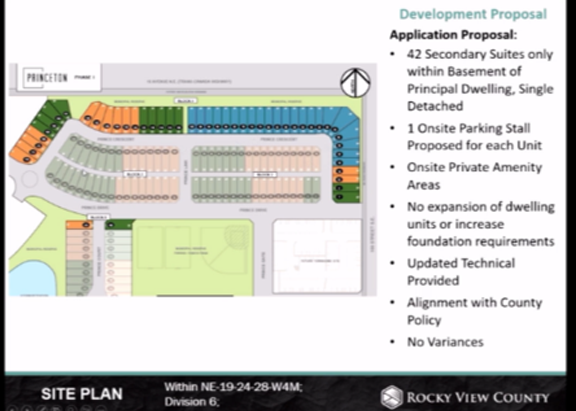The results of the city’s summer long public engagement survey were presented to city council at the Oct. 1 meeting.
Throughout the summer Chestermerians were asked how they would slice the budget pie.
According to the survey results, on average, residents would like to see a decrease in all city departments except for emergency services and policing and enforcement.
The average response showed that no changes should be made to emergency services and a slight increase in the budget for policing and enforcement in the community.
Despite the city’s efforts to advertise and engage the community, not enough people responded to make the survey truly scientific.
There were 223 individual responses to the survey which has a +/- 7 per cent margin of error, slightly higher than what is preferred in a survey.
“It’s unfortunate we didn’t get the numbers we were looking for,” said Chestermere’s Mayor Marshall Chalmers.
Communications Team Lead Megan Matthies said that they would have liked to have had a response rate of at least 10 per cent of the city’s total population.
“That would have given us a strong enough sample size to be confident that the results of the survey generally reflected the community’s perspectives,” she said.
In particular, greater engagement from the 18-24 years-old and 45-54 years old demographics is needed.
Despite the low response rate, Chalmers said it is still important for council to consider the survey results.
“There were some good comments…even the negatives are good for our discussion,” he said, “We got to hear what the people are thinking.”
“Typically, my experience is…people that take time have experienced some negative and they want to voice their opinion,” said Chalmers.
Matthies echoed the mayors sentiment.
“While we cannot be entirely confident that the results are completely reflective of the community’s perspective on a scientific level, we know that those who participated care deeply about Chestermere and put a great deal of time and energy into their feedback,” she said.
She said that the results that they received are still a valuable resource to be used to guide the development of the city’s budget.
“We value those comments even though it’s not scientific and not representative of the community we still need to hear that,” said Chalmers.







